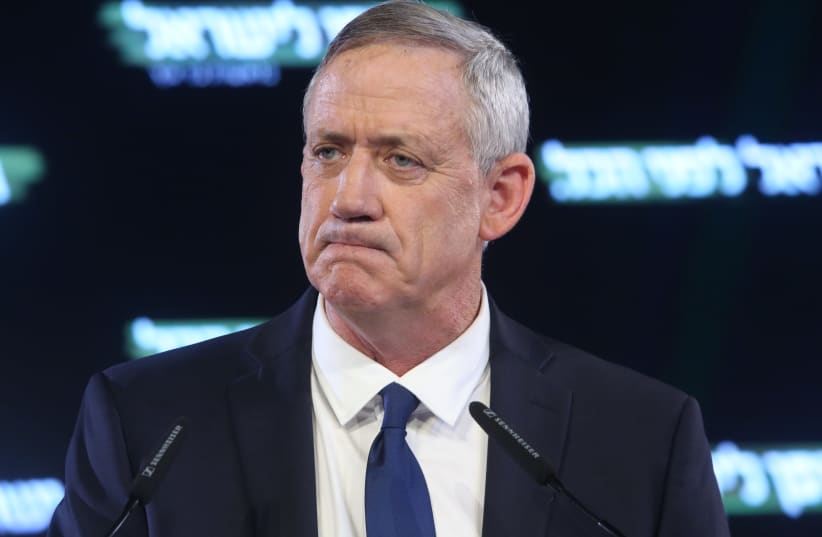Iran was at the center of the Warsaw conference last week, and is the focus of the annual Munich Security Conference this week. But those who believe the Israeli-Palestinian conflict was pushed into a corner are wrong. At least according to reports, Israel's relationship with moderate Islamic countries depends on a solution to the conflict, or at a minimum, some progress toward a solution.
In a conversation with Maariv, Pakistani Foreign Minister Shah Mehmood Qureshi said his country was “interested in advancing its relations with Israel. But," he added, "this is a question of the political situation in the region, and progress in solving the Israeli-Palestinian conflict will be very helpful. If the American plan succeeds in doing so, well, we wish all the best for Israel."
Egypt's President Abdel-Fattah El-Sisi likewise clarified the importance of the issue. In his speech at the Munich conference on Sunday night, he noted that Egypt adheres to the two-state solution within the 1967 borders and the establishment of a Palestinian state with east Jerusalem as its capital.
Oman's Foreign Minister Yusuf bin Alawi bin Abdullah, who met with Prime Minister Benjamin Netanyahu at the Warsaw Conference, also mentioned the importance of resolving the Israeli-Palestinian conflict.
In a conversation with Maariv, Alawi said he hoped his country and other Arab countries would be able to establish full relations with Israel as soon as possible.
"I hope the Palestinians will be able to accept the American peace plan," Alawi said.
As in Warsaw, one of the points of contention at Munich was the debate between the United States and the European countries over Iran. Iranian Foreign Minister Javad Zarif Khonsari, responding to what was said about Iran at the Munich and at Warsaw conferences, made it clear that his country would not discuss a new nuclear agreement with US President Donald Trump, who proposed a meeting with his Iranian counterpart.
"Why can we trust the Trump?" Zarif asked.
US Vice President Mike Pence said in his speech that Iran was the greatest threat to world security, as a sponsor of terrorism, supporting Hezbollah and Hamas, organizing terrorist attacks in Europe and wanting to destroy Israel.
“In human history, when authoritarian regimes use antisemitic, hateful rhetoric, they must be taken seriously,” Pence said.
He called on the European countries to stop undermining the US sanctions against Iran and to withdraw from the nuclear agreement. He praised the success of the Warsaw conference, in which dozens of countries appeared willing for the first time to come together against the Iranian threat.
European Chancellor Angela Merkel said that while Iran is indeed dangerous, the continuation of the nuclear deal reduced the danger. She also argued that the United States should have consulted with its partners about its decisions to withdraw its forces from Syria and to revoke the Intermediate-range Nuclear Forces treaty.
French Foreign Minister Ives Le Derrion said the unilateral withdrawal of American forces from Syria is a step that encourages the Iranian threat in the region, and that it is unfair to demand that the Europeans stay there.
Former IDF chief of staff Benny Gantz is attending the Munich summit. Netanyahu, who was the star of the Warsaw conference, cancelled his own participation.
The organizers of the conference, who were looking for an Israeli statesman, received Gantz, current head of the Israel Resilience Party. Gantz poses the strongest challenge to Netanyahu in the April 9 election, according to most polls.
Translated by Maayan Hoffman.
